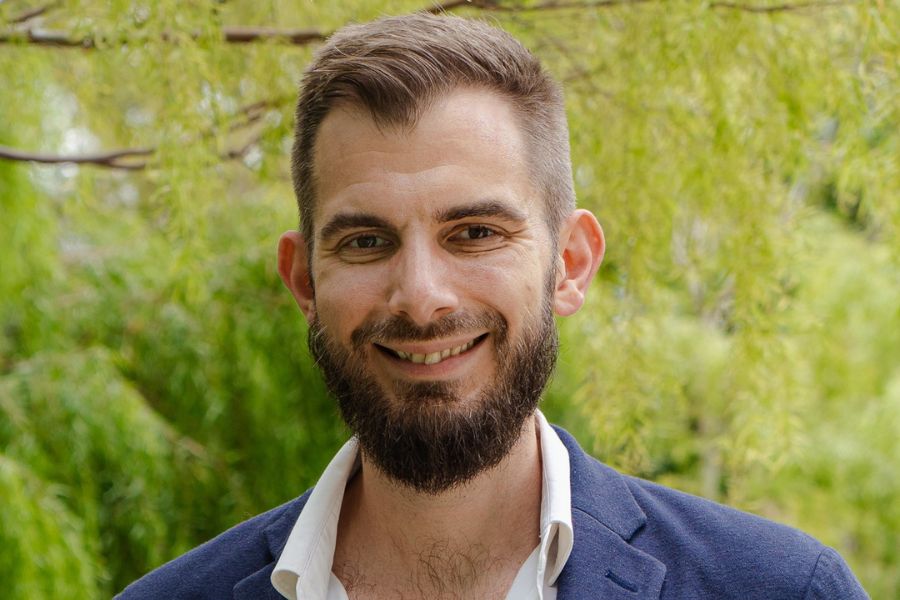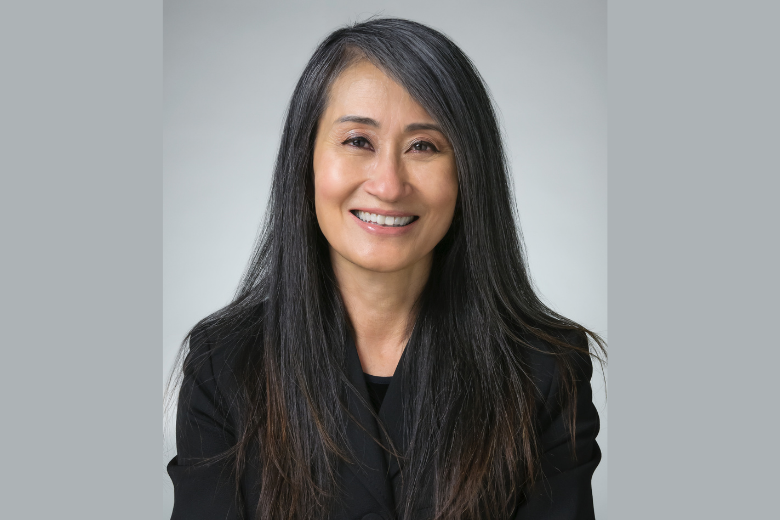A complaint often heard in Japan is that many companies fail to fully understand the concept and importance of branding. Another is that few really understand the discipline of public affairs. It’s intriguing, then, that a company that’s seen by some as a flag-bearer for the future of Japanese business is combining the two directly as it looks to grow internationally.
Branding strategy for Tokyo-based housing and building products corporation Lixil, which owns brands such as Grohe and American Standard, has so far essentially been led by the public affairs department, which former president and CEO Yoshiaki Fujimori described as the company’s most “global” function. (Fujimori recently handed over leadership to Kinya Seto, formerly of W.W. Grainger.)
Lixil is the result of a 2011 merger of five companies. Since then, it has pursued an aggressive strategy of expansion, acquiring a number of household names, but is only now taking on concrete form as a brand in its own right.
Why the emphasis on public affairs in this process? Jin Montesano, who joined as chief public affairs officer from GSK in 2014, explains the absence of a chief marketing officer thus: “In Fujimori’s mind it was more important that we had a very strategic approach to articulating ourselves as a company from a public affairs standpoint” before anything else—certainly investment in advertising. That means defining what the company actually is, what it stands for, and building a two-way dialogue with stakeholders.
“You have to have a clear play book,” says Montesano. “You can’t be out there just saying what you like…Strong brands are not shaped by advertising and promotions, but through a company’s ability to deliver on its commitments to its stakeholders and ability to engage in an ongoing dialogue with them.”
Clarification exercise
Montesano says defining what the overarching Lixil brand was a lengthy process that involved input from people at all levels of the company. What messaging had been presented publicly up to that point was confused, with Lixil sometimes looking like a building industry supplier and sometimes like an Ikea equivalent. It’s not surprising given that the company’s activities range from selling state-of-the-art lavatories to fitting out Chanel boutiques to helping put up new offices for Apple in Cupertino. The approach was a case of retroactively creating a brand with close input from senior management.
For any change in corporate direction to work, employees need to understand the thinking behind that change. An important part of that was building the internal communications function, which resulted in the creation of the Lixil Link. Engaging 80,000 people around the world is clearly no small task, but Montesano notes that the discipline still receives little attention in most Japanese companies. Lixil may now be more advanced, having created the division from scratch, but GSK’s function is still three times bigger, she says.
There remain two Lixils: in Japan, the brand is both corporate and consumer-facing, while internationally, it is purely corporate, with the portfolio of better-known consumer brands taking centre stage. But the ethos is the same in both cases. Montesano describes Lixil’s new incarnation as “much more confident, innovative but human-oriented”.
Mindset change
Lixil’s approach to becoming global has been largely about changing mindsets. For a start, the term “global” has been overused to the point where “no one really knows what it looks like or what it means”, Montesano says. She defines it as being “above country”—being able to operate consistently regardless of where a company is headquartered and avoiding being too anchored in the country of origin. Implementing this concept in Lixil’s case has meant working to overcome the sense of “otherness” Japanese staff sometimes feel and “helping Japan feel part of the global community too”. The change is important given that where Lixil’s investors were once 90 percent Japanese, the split is now 60:40.
It will take time, but Montesano says people have been receptive—unlike in Belgium, where she was based while at GSK. “Globalising Belgians,” she says, “was 100 times tougher than it is in Japan. They are very proud and don’t see any real urgency to change or think globally.”
CEO sidekick
For public affairs, public relations or indeed marketing to make any real impact at a company, it has to have the ear of the people at the top and be seen as a strategic function. Lixil differs to the average company here in that Montesano sits on the board, with her role apparently seen in the same light as that of the CFO, for example.
Contrary to popular understanding, the role of public affairs is not about “putting a spin on something bad”, she says, but about “influencing management to take the right decisions from the beginning, helping the organisation become the right organisation, then talking about that.”
This philosophy helped Lixil manage potential fallout from an accounting scandal at a subsidiary in China last year better than it might otherwise have been able to, although the company still lost a significant amount of money as a result. “Transparency and proactive leadership” went some way to mitigating the situation and avoided people “trying to bash down the door to understand why we created this mess.”
For those struggling to quantify the value of the broader PR function for a company and its brand, Montesano is clear: “Building trust is the one metric the PR function and PR firms should be held accountable to. That’s the currency that makes a corporation able to do what it does on a long-term basis.”
This article was first published in Japanese on Campaignjapan.com









